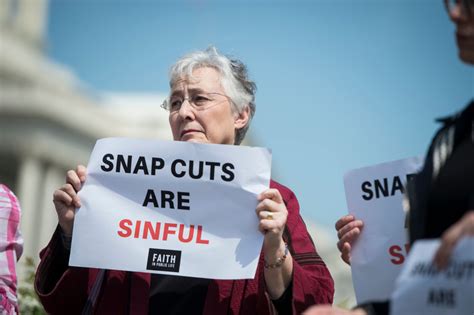The Trump administration’s recent decision to lay off the entire staff of the Low Income Home Energy Assistance Program (LIHEAP) has sent shockwaves through state officials and low-income households across the country. This $4.1 billion program, which assists millions of families in paying for heating during the winter, has been a crucial lifeline for vulnerable populations.
Unforeseen Layoffs:
Mark Wolfe, executive director of the National Energy Assistance Directors Association, expressed deep concern over the abrupt termination of approximately two dozen workers who managed LIHEAP. The sudden nature of these layoffs left many employees locked out of their offices without warning or explanation.
As states grapple with uncertainty about their future federal funding, questions loom large over whether they will be able to continue providing essential services to those in need. The impact is far-reaching, with implications for both immediate heating assistance and upcoming summer cooling programs.
Urgent Pleas for Reversal:
Thirteen senators, including bipartisan support from Republicans Susan Collins and Lisa Murkowski, penned a letter urging Health Secretary Robert F. Kennedy Jr. to reconsider the drastic cuts to LIHEAP staff. They emphasized that such actions would severely hamper the program’s ability to serve seniors and low-income families—a demographic heavily reliant on this vital support system.
Despite assurances from HHS deputy press secretary Emily Hilliard about compliance with statutory obligations post-restructuring, states remain apprehensive about receiving their allocated funds in a timely manner. The specter of reduced or scaled-back assistance looms large as summer approaches.
State-Level Concerns:
State officials like Peter Hadler from Connecticut and Pete Wyckoff from Minnesota have sounded alarms about the looming financial shortfall due to delayed federal payments. With millions owed to states like Connecticut and anticipated funding shortages jeopardizing existing aid programs in Minnesota, vulnerable households face heightened uncertainty during ongoing winter conditions.
Minnesota’s Department of Commerce paints a stark picture as it anticipates running out of funds by mid-April—a scenario that could leave thousands without critical heating and electricity support heading into spring.
Importance of LIHEAP:
LIHEAP stands as a beacon of bipartisan cooperation on Capitol Hill, garnering long-standing congressional backing due to its invaluable role in safeguarding vulnerable communities against energy insecurity. As eligibility criteria vary by state, this federally funded program plays a pivotal role in preventing utility shutoffs and ensuring access to essential heating resources during harsh weather conditions.
By delving deeper into the repercussions of these layoffs at both federal and state levels, we witness the human cost behind policy decisions—underscoring how vulnerabilities can deepen when safety nets are weakened or dismantled.

